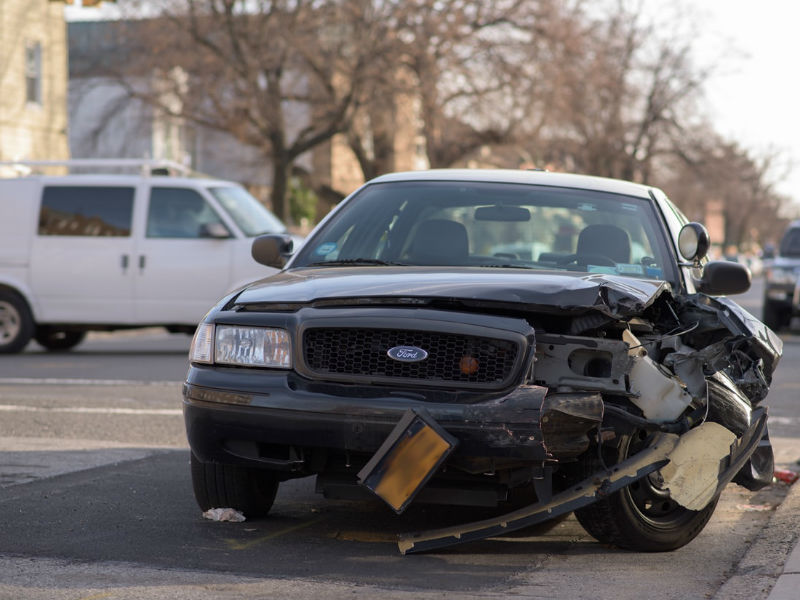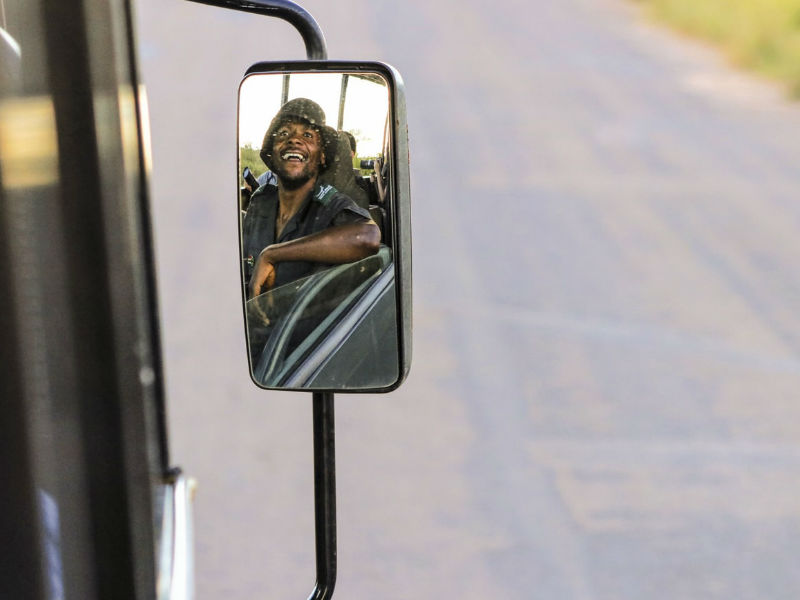
Car insurance isn’t just a necessity, it’s the law. Just about anywhere you drive, you are required to carry coverage on your vehicle. Understanding the basics of vehicle policies and the minimum requirements can help you understand how to get the most affordable rates.
Car insurance comes in many types:
- Liability – the most basic of policies that covers damages caused by the driver. Liability refers to legal responsibility. Bodily injury and property damage are the common types of liability coverage
- Collision – coverage that pays for damages to your vehicle as a result of a traffic accident or collision with a building or tree. Collision may only cover the book value of the car if it is totaled, but it can also have a replacement provision.
- Comprehensive – Comprehensive covers damages to your vehicle in case of theft, vandalism or natural disasters, hail, tornado or fire.
- Uninsured or Underinsured – uninsured motorist protects you in case you are in an accident with a driver who doesn’t have coverage. Although policies are required to drive in Florida, the Insurance Information Institute estimates that about 13% of all drivers do not have coverage. In 2015, Florida had the highest rate of uninsured drivers in the nation at 26.7%. Underinsured policies pick up if the driver had a policy, but only minimum coverage that doesn’t cover the extent of your injuries or damage.
Every policy has its own limitations and provisions. Make sure to understand exactly what is being covered and for how much. Some policies come with other features, such as towing or roadside coverage. Determine what services you really want and need before your purchase. Don’t rely on your agent to read your mind about your policy needs. Make sure you get the policies that suit you by talking to your agent before signing a contract.

What is the Bare Minimum Needed to Drive?
Every state has minimum requirements for insurance. You need to buy a policy based on the state where your automobile is registered.
- Individual Bodily Injury Liability (BIL) – this is the component that pays the medical bills for people injured in an accident when it’s the policyholder’s fault.
- Total BIL – this is the maximum amount your company will pay out for injuries for all parties in the accident.
- Personal Injury Protection (PIP) – pays for personal injuries, also known as no-fault.
- Property Damage Liability (PDL) – this aspect of policies pay for property damage to the other vehicle or road fixtures if you are at fault.
Most states list requirements like this: 25/50/25 (Oklahoma). This is read as $25,000 in individual BIL/ $50,000 in total BIL/ and $25,000 in PDL for each accident. If you were to get in an accident that was your fault, your carrier would payout up to $25,000 for medical bills for each person injured in the accident, up to two people plus another $25,000 for any property damage.
In Florida, the minimum coverage is $10,000 in PIP and $10,000 in PDL. Florida does not require BIL, because it is a no-fault state. This means that in smaller accidents, each party who is injured files a claim with their own company for medical expenses, regardless of who is at fault. Property damage is often determined by which driver caused the accident.
Although you can drive by getting the barest coverage, consider the cost of medical bills and the value of modern cars. Many states haven’t updated their minimum requirements in many years, making the minimum way too low. It might be worth taking out a policy that covers more than the minimum.
Another consideration is the penalty for not having insurance. In Florida, if you don’t have the required policies for your automobile, you can lose your license and car registration. To get it back, you will have to pay a reinstatement fee up to $500. Not having coverage can be much more expensive than carrying the minimum requirements.
If you have a loan on your automobile, the lender may require you to have comprehensive and collision as part of your financing requirements. This protects the vehicle against physical damage in case the car is in an accident while you are paying it off. Comp & collision may not get you out of the loan, but it can meet some of the financial burden if the vehicle is damaged. Gap policies can cover the difference between your loan’s value and the car’s value in the event of an accident.

What is the Highest Level?
Fully comprehensive policies provide the highest level of coverage. Most fully comprehensive policies go beyond covering damages to your auto and the other auto. You should check the policy documents to know exactly what your individual policy covers, but it could also insure:
- Fire damage
- Theft or vandalism
- Windshield repair
- Replacement vehicle while yours is in the shop
- Accidental damage
Keep in mind that fully comprehensive policies won’t cover all types of damages to your automobile. If you don’t have a valid license, your carrier will be unlikely to pay. Also, most policies won’t cover a claim where you’re at fault if you were driving under the influence. It’s important to know what your policy covers and what it doesn’t.
Where Can You Find Affordable Car Insurance?
If your vehicle is registered in Florida, you are required to maintain a policy for the duration of the registration. Insurance must be purchased from a company licensed to sell in
Florida. Before you cancel coverage, make sure that you have another one in place or have notified the Florida Highway Safety and Motor Vehicles to cancel your car registration.
Car insurance is mandatory in Tampa, Florida, but that doesn’t mean you don’t have options. Contact Affordable Car Insurance to get the coverage that fits your needs and budget. Our mission is to make sure that our customers have low-cost auto policies to maintain their vehicle, no matter their situation.